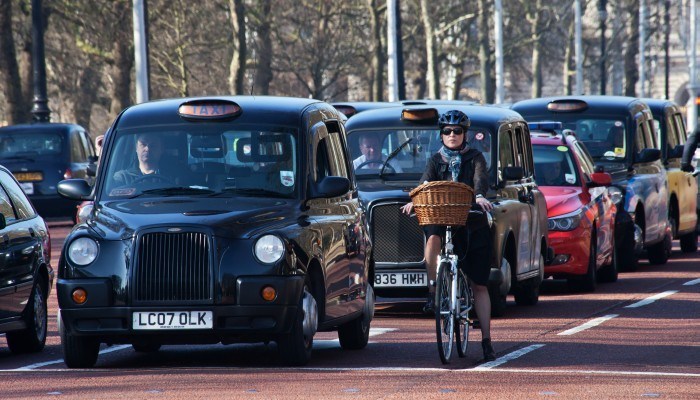Travelling in a taxi has been arranged in the same way for many decades: you either hail a licenced cab (such as a London black cab), or you book one in advance.
But as with so many things, the Internet, coupled with smartphones, has started to change these long established processes.
Mobile phone apps such as Uber are at the heart of a taxi revolution. Such services can be used to book a chauffeur service or driver-and-car in seconds – and what's more, they are cheaper than traditional taxi services.
As a result, disgruntled taxi drivers in London, Paris, Madrid, Rome – and other cities – are staging a protest which is likely to bring traffic in Europe's cities to a standstill.
While a number of firms have done well out of the new business model, it is California-based Uber which has seen most success – and that is why taxi drivers have focussed their fury on the company.
Cabbies say that Uber have an unfair advantage over regular taxi drivers since they are not subject to the same regulatory pressures and do not have to pay the same fees.
In London the Metropolitan Police are expecting severe jams, as the capital’s 10,000 cabbies threaten to take to the city’s streets.
So if you're one of our short term European cover customers planning a trip to the continent, or you intend to drive in London on Wednesday, be advised that rail and underground systems may be better options – as gridlock is expected from London to Berlin.





